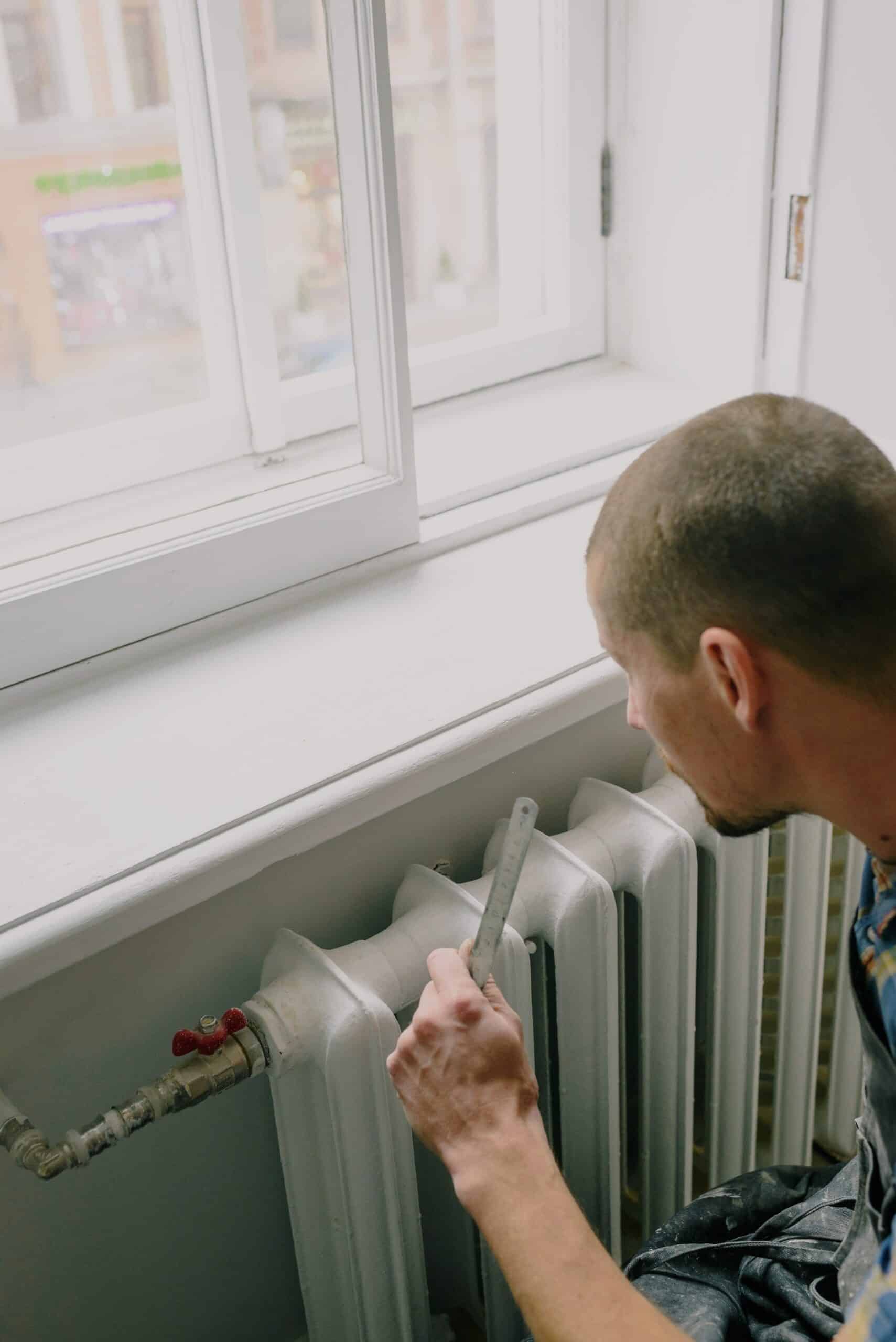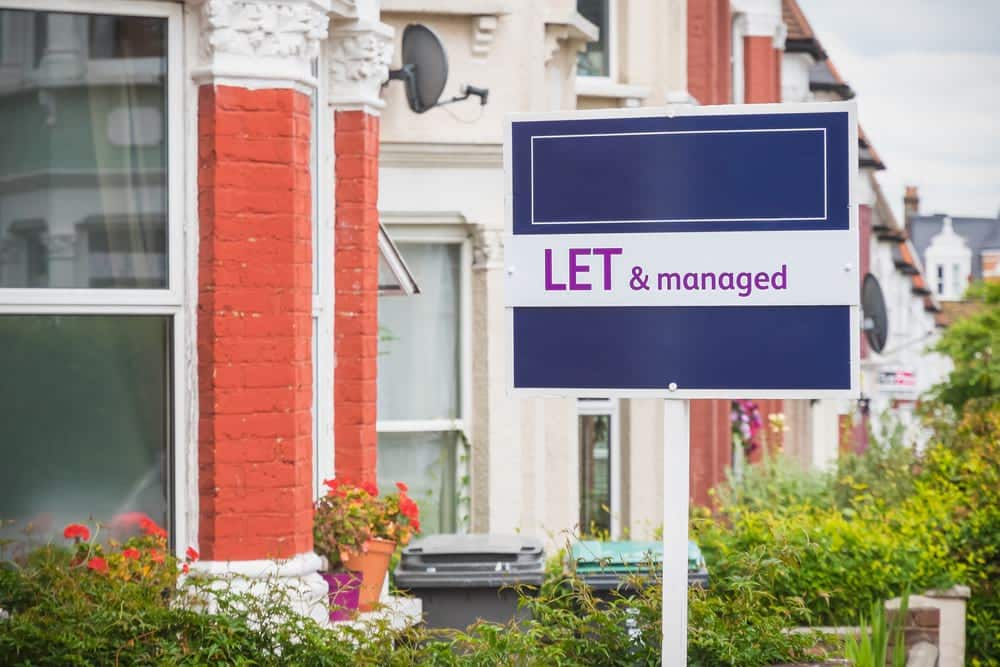In the UK, landlords have a legal requirement to ensure that their properties are livable at all times.
This even extends to the right to quiet enjoyment.
But what happens if the heating goes off?
How long can a landlord keep you without heating? And what are your options if they fail to fix the problem quickly?
Read on to find out more.
How Long Can a Landlord Keep You Without Heating in the UK?
Frustratingly, the law on this is a little vague.
All that is required is for your landlord to solve the issue in a ‘reasonable‘ amount of time.
Many believe that 24 hours is a reasonable amount of time to solve heating issues, although that is not set in stone.
Time of year matters
Not having heating is not always an emergency situation, depending on the time of year.
For example, during a heatwave, you won’t need the heating to keep you warm.
You’ll still most likely need to bathe and wash dishes, but this is less of an emergency than if your heating went off during winter.
Judge according to what you think is fair
You need to judge what you think is fair and how much the heating is affecting you.
Any reasonable landlord will recognise that not having heating is a situation that should be solved as soon as possible.
How do I know my rights as a tenant?
Legally speaking, there isn’t a lot that landlords need to provide.
For example, they don’t need to provide a fridge, curtains, or any furnishings. One thing they do have to provide is adequate heating and if it isn’t provided, then they are failing their legal obligation.
In regards to everything else in the property, it should be covered in the contract. It’s important that you look over this to see if there are any clauses that you should be aware of.
As a tenant, you do have many rights, such as:
- To live in a property that is in a good state of repair
- To know the identity of your landlord
- Be able to live at the property undisturbed (the right to quiert enjoyment).
Not having heating comes under the right to live in a property in a good state of repair.
Can I take legal action against landlord for not having heating?
Yes you can, but it is often not advised it is a last resort which will likely destroy any relationship you have with your landlord.
After legal action, it’s unlikely they’ll want you to live there beyond your existing contract.
If your landlord is willing to fix the problem but won’t do so in a timeframe that is acceptable, then you can seek a resolution directly with them.
For example, you can offer to buy electric heaters as a temporary fix and deduct the cost from your rental payment.
If you’ve exhausted all possible solutions, then you can take legal action but, of course, there can be a significant cost to this. While you can take your landlord to court, it’s best to look at all other alternatives first.
Another reason is that your first port of call after trying to contact your landlord is to contact your council. They can force the landlord to act to fix the heating and authorise an environmental health inspection.
Advantages of a positive relationship with your landlord
It’s always great to have a positive relationship between a tenant and a landlord.
As a tenant, it can be important to understand that you’re living in someone’s home, which they often have an affinity to. And remember, they may have challenges and stress from managing multiple properties, too.
A landlord needs to understand that the tenant is paying a lot of money to live there, and wants to make it feel like their own home. The two sides having a mutual understanding has a lot of benefits.
One example is what we’ve been discussing here. If your landlord likes you, they are more likely to strive to get repairs completed, or issues such as pest control resolved, as much as possible.
A good landlord will often go beyond their legal requirements.
For example, they may replace the fridge or washing machine in the property even though they aren’t obligated to.
There are other reasons too. They may allow you to customise the property more (with painting, for example) than they would for a tenant that they didn’t like. Equally, they may be resistant to increasing the rent if they are happy with the current tenant.
References are also a good reason to keep a positive relationship. When it comes time to move, your new letting agent or landlord may require a reference from your old landlord. This can make the process of moving much easier.



















